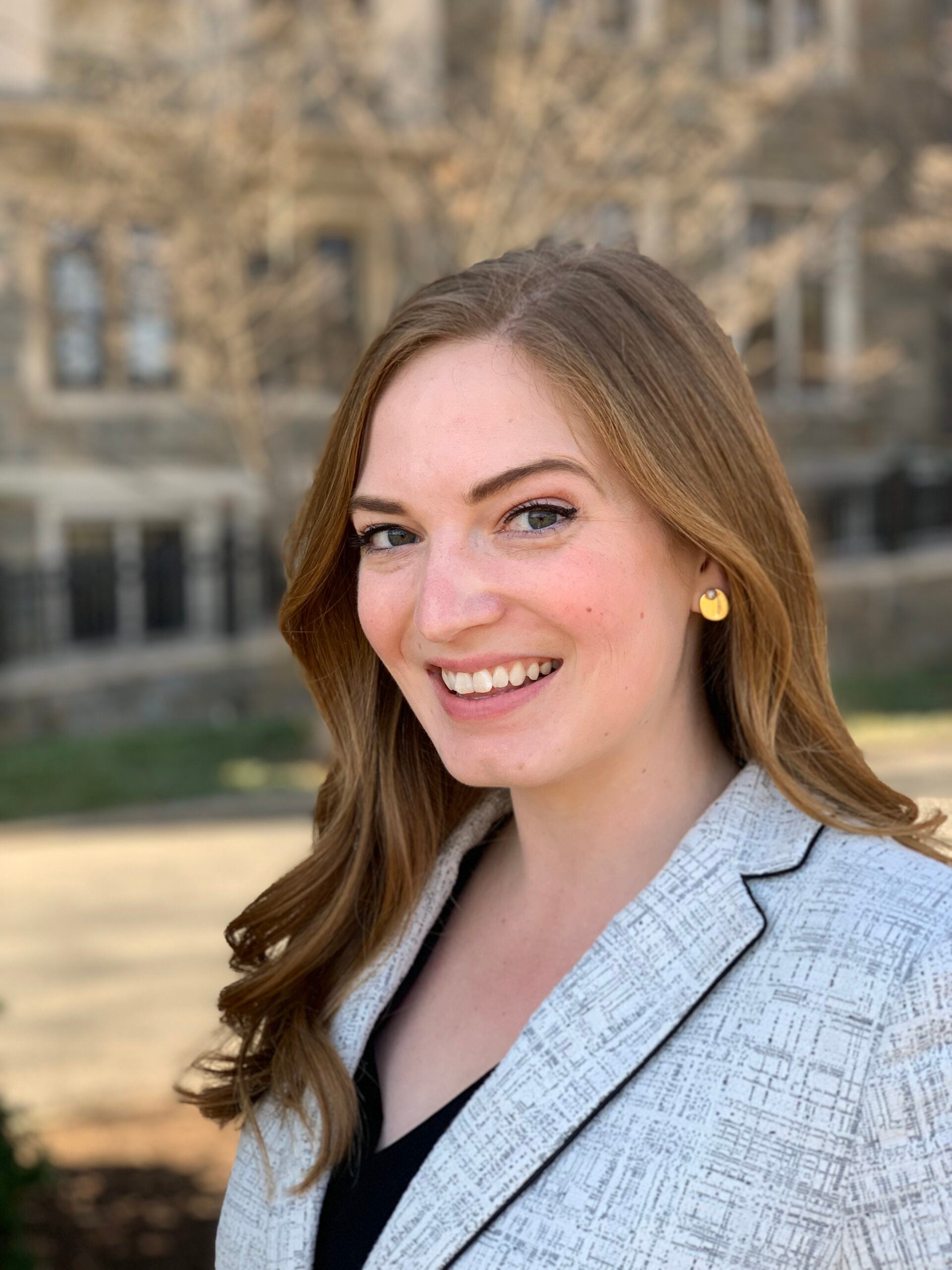Laurie Batschi

What was your career before you started CCT? What drove you to pursue an M.A.?
After a few years working at the State Department’s Global HIV/AIDS program, and working towards a future career as a Foreign Service Officer, I decided it would be a good idea to earn a graduate degree. Hesitant to take out a monstrosity of student loans, I began looking into alternate ways to pay for grad school, and ultimately got a job at Georgetown’s School of Foreign Service in order to get the tuition benefits.
How do you balance your academic and professional pursuits?
Two factors led me to apply for CCT 1) There were a limited number of grad programs I could do part time while working full time ; 2) I’m working towards a career as a public diplomacy FSO, and CCT seemed like a good fit for me to develop my digital communications skills.
How has CCT supported you in this process?
As an extremely interdisciplinary program, CCT offers a wide variety of classes and their respective skill sets. I went from writing a paper on the benefits of targeted advertising one semester, to creating a short documentary on ostrich farms the next semester. CCT is also flexible with allowing non-CCT courses for credit, which is a helpful way to tailor my educational experience to my career goals.
